Humidity and your HVAC system
As the heat and humidity in the outside air rises, homeowners will switch from using their furnace to heat their homes to using central air conditioning to keep their homes comfortable.
Humidity levels can be a factor in home comfort and HVAC performance in both the cold and warm weather.
Because one of the important functions of an air conditioning system is to remove excess humidity from the air, it’s logical that the process can take a toll on your air conditioning equipment and potentially affect its efficiency as we approach the warm weather months.

Humidity and Central Air Conditioning Systems
If your air conditioning system is working efficiently, it will remove the proper amount of heat and moisture from your living area, resulting in the comfortable environment you want.
If not, you may not achieve the comfort level you desire for your home, regardless of the temperature setting you are using.
When humidity is high, it makes sense that A/C systems have to work harder to keep the home cool. If you’re dealing with an older, inefficient or wrong-sized system, it may not be able to handle the job. Your home may end up feeling warmer than it actually is because the air is holding extra moisture that isn’t being properly removed.
What’s more, the system will be working longer and harder without providing the desired result. This adds wear to the unit and can result in higher utility bills.
It’s important to know that a larger capacity air conditioning system will not necessarily produce the cooling effect that you want in your home. It’s imperative that your system is sized properly for your unique home by a professional. You can read more about the important questions you should ask when getting an air conditioning estimate and how an expert determines the right sized system in another of our blog posts.
If you are using your central air conditioning system, but not getting the results you want, you can safely assume one of the problems is excess moisture in the air. Some obvious signals that you’ll experience if this is the case include:
The air in your home feels moist
There is a damp or musty smell in parts of your home
Your windows are foggy.
These factors can tell you there is too much humidity present and you should take action to adjust humidity levels.
It’s a good idea to have a plan to deal with humidity before the hot, humid summer months begin. For the summer months, a humidity level below 60% is recommended by most experts for indoor comfort.
The most efficient and reliable way to manage the moisture in your home is to have a professional install a dehumidifier directly on your HVAC system.
The dehumidifier will work with your air conditioning system to pull excess water from the air before it is sent through the air ducts in your home. A knowledgeable HVAC professional can recommend a compatible dehumidifier for your HVAC system; or if you are having a new system installed, it is a good idea to add a dehumidifier at the same time.
With this option, you will be able to manage both temperature and humidity levels in your home at the same time.
Alternatively, you can purchase a stand-alone dehumidifier and manage the humidity level using a manual humidity level indicator. This will require you to monitor humidity levels ongoing and run the appliance when you need it.
When humidity levels are managed in the summer months, A/C systems can perform more effectively. The benefits will be added comfort and more energy efficiency. The unpleasant effects of high humidity will be reduced as well.
Humidity and Heating Systems
In the winter, low humidity becomes the primary problem in many homes as cold air is not able to hold as much moisture as warm air.
When your furnace is active for months at a time, humidity has the opposite effect than in the summer heat. A dramatic drop in moisture levels can actually make your living area feel cooler than your thermostat reading.
In fact, they can drop so much that they can make a home feel a lot cooler than it actually is.
Problems that arise in the home can include discomforts from dry skin, dry nasal passages, irritated eyes and aggravated sinuses — even damage to furniture and flooring. Your furnace or heat pump may be using a high amount of energy to run and still not provide the warmth you need in the cold.
If humidity is being managed well in your home, most people are comfortable at an indoor temperature between 71 – 77 degrees. If not, you may find yourself increasing the thermostat because the humidity is too low.
In the winter or cold climates, a lack of moisture in the air becomes an issue that can contribute to discomfort in your living spaces.
With this in mind, you will want to take an opposite approach from the warm weather by adding an appropriate amount of moisture to the air with a humidifier.
Like a dehumidifier, this appliance can be installed right on your system to help improve HVAC performance. It adds moisture to air before it is forced through the ducts in your home.
An indoor humidity level of 30 – 40% is recommended in the winter months; depending on your personal preferences, this may be even higher. The end result is a warmer, more comfortable home and a likely reduction in your energy bills.
A stand-alone humidifier can also be purchased to add humidification to the home. Depending on the size of the appliance and the size of your home, you may need multiple units in different rooms of the house or apartment in order to feel comfortable.
Read more about managing the humidity in your home here in one of our related blog posts.
Tips for Maintaining Outdoor Equipment
Heat and humidity can affect the outdoor unit or condenser in that the heavier, moist air can carry larger amounts of dirt, dust and debris, which can settle in the unit’s coils and fins. Long and irregular run times can also result in excess wear to the physical unit.
So, how can you take care of your outdoor equipment? Cleaning the outdoor unit yourself with a simple garden hose and possibly a coil cleaner can benefit the system operation in two ways.
First, removing dirt and debris allows the system to work more efficiently and may even contribute to lower utility bills.
Second, misting cools the air that passes through the condenser coils for a period of time, allowing it to absorb more heat and cool your home more efficiently.
The effect on your unit can be compared to the feeling of a cool breeze when you are sweating. Here is a helpful video that shows the proper way to clean your condenser unit if you decide to take this maintenance step yourself.
Indoor home comfort is an important consideration in all seasons, but especially when extreme weather sets in during the summer or winter months. Understanding how humidity contributes your comfort will help you decide on a system to manage the humidity in your environment
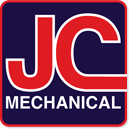

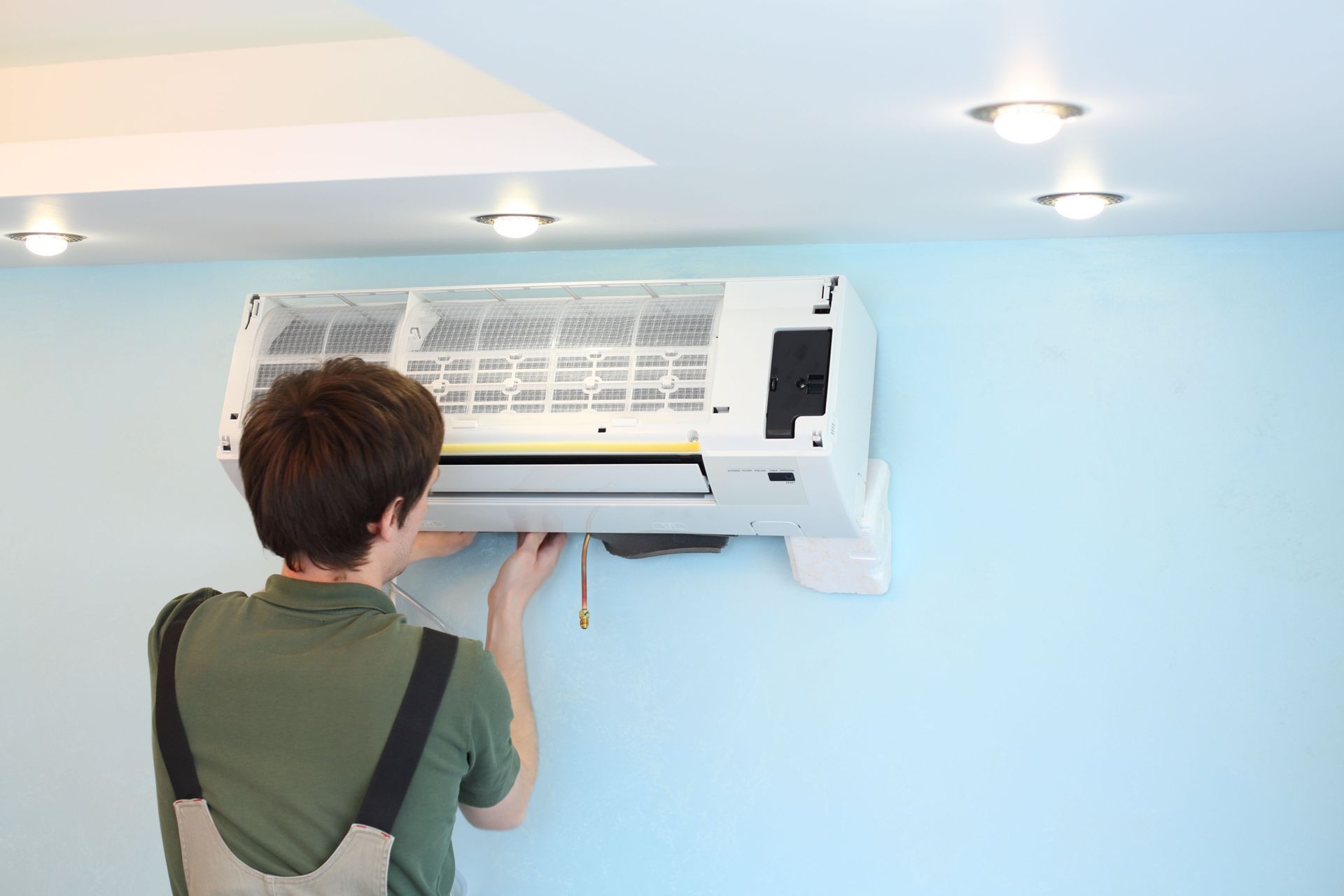
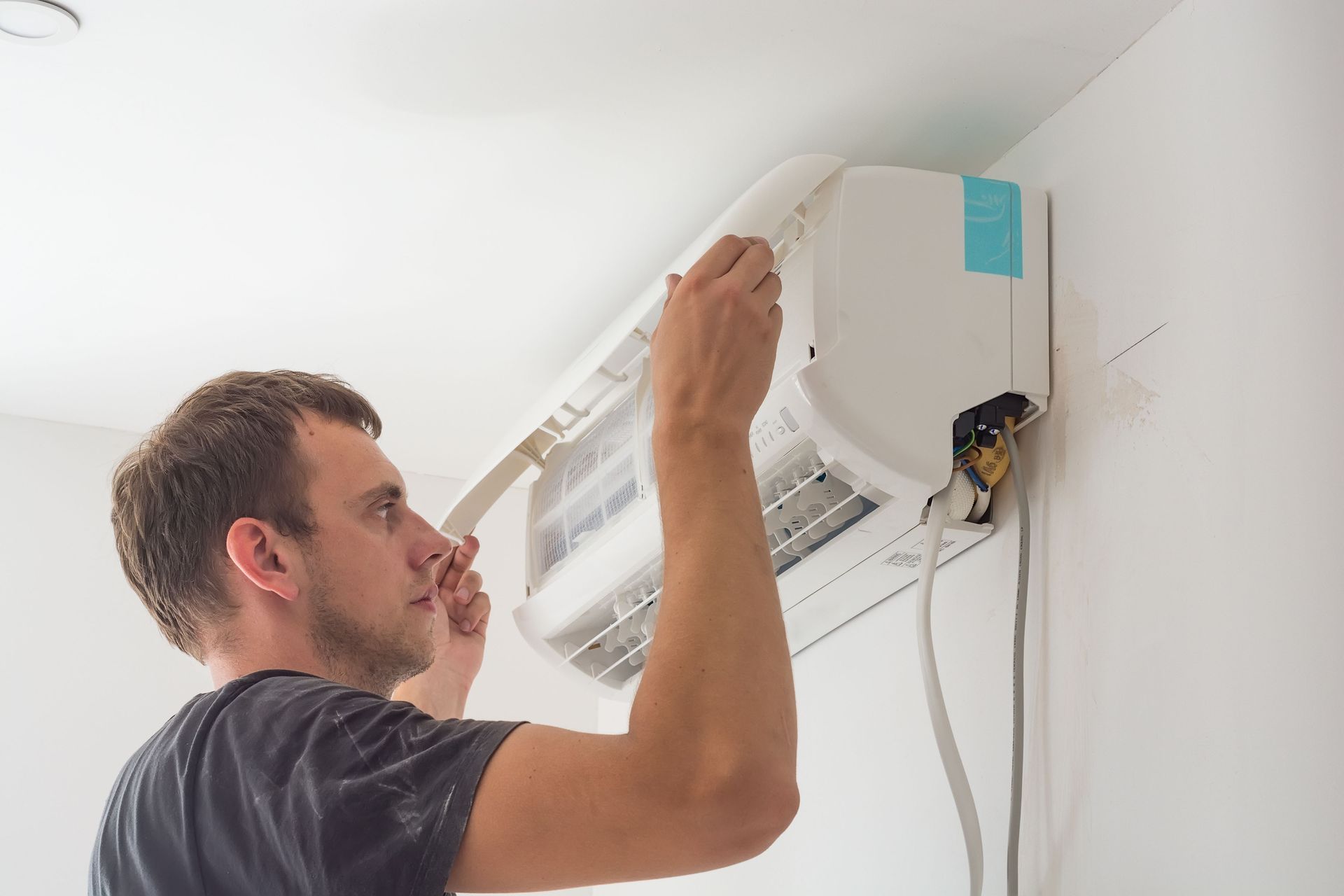
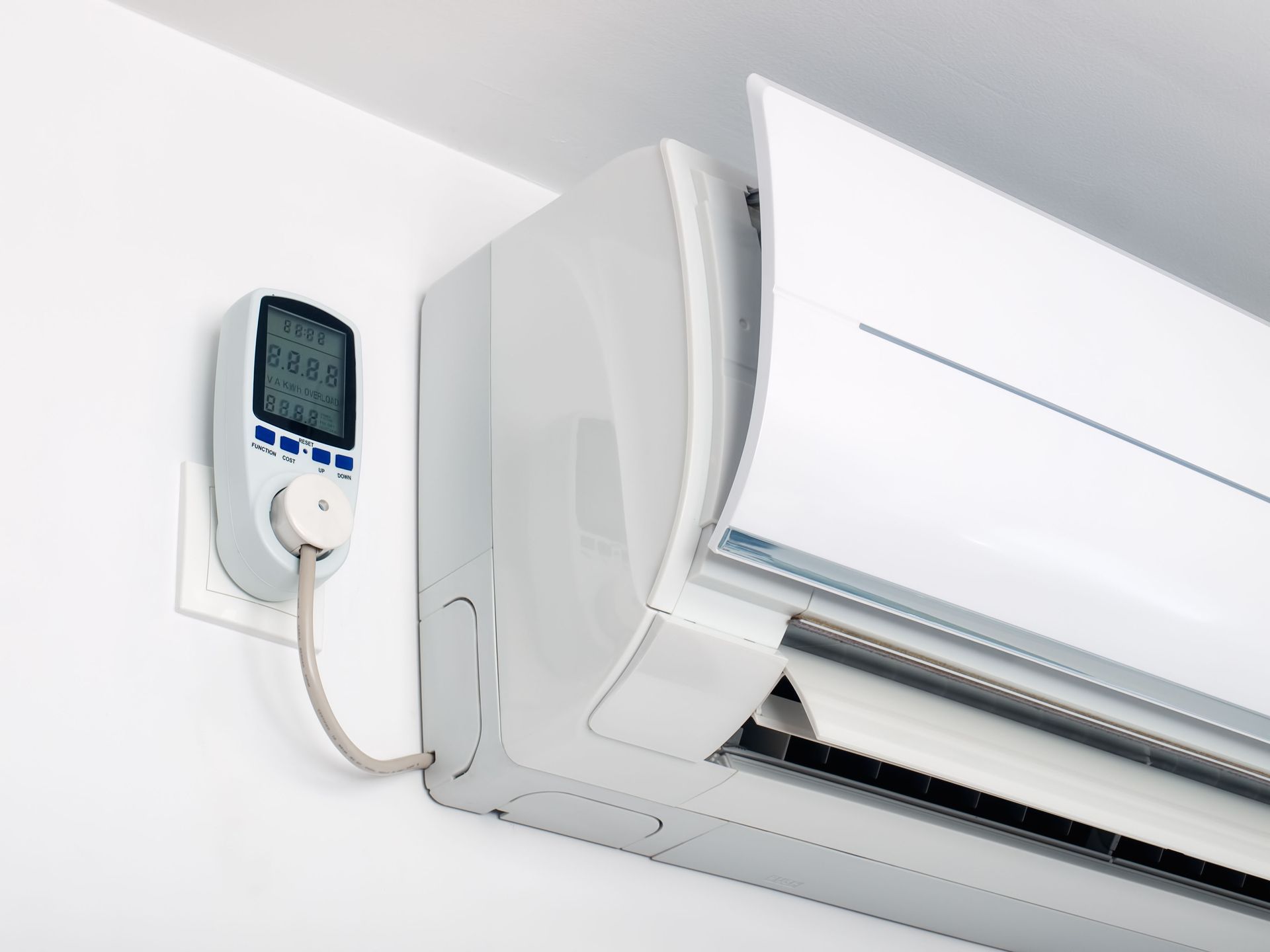
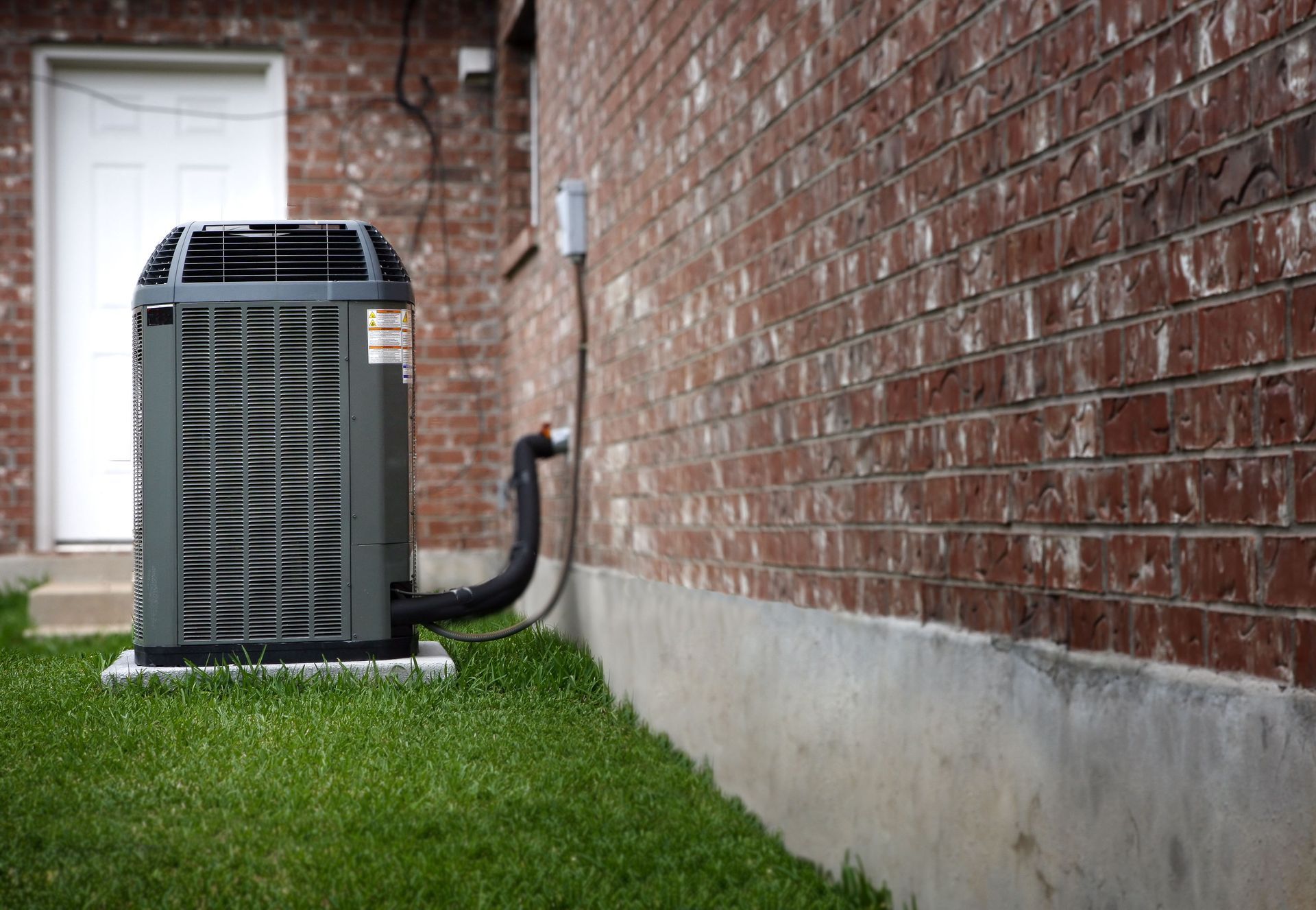
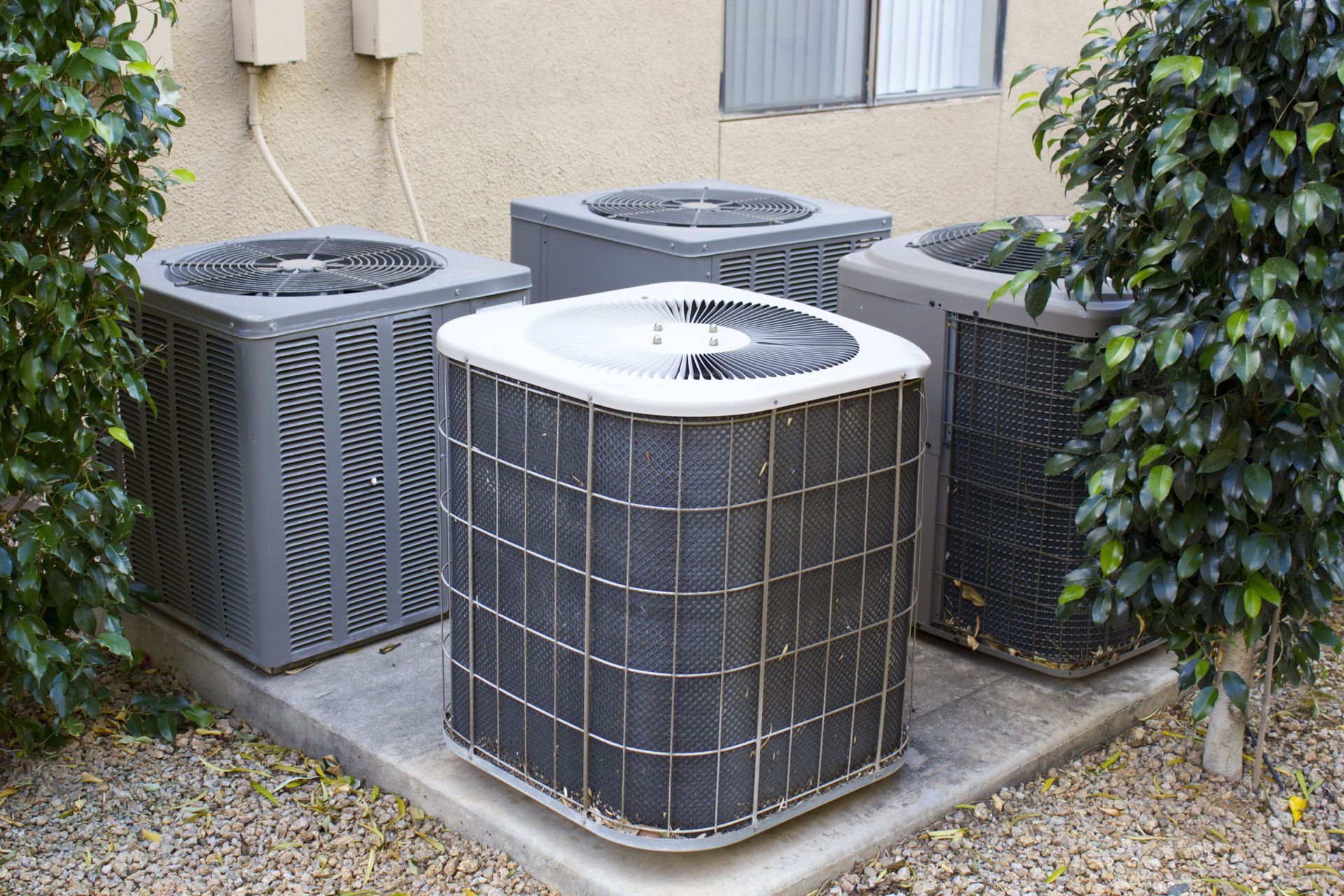
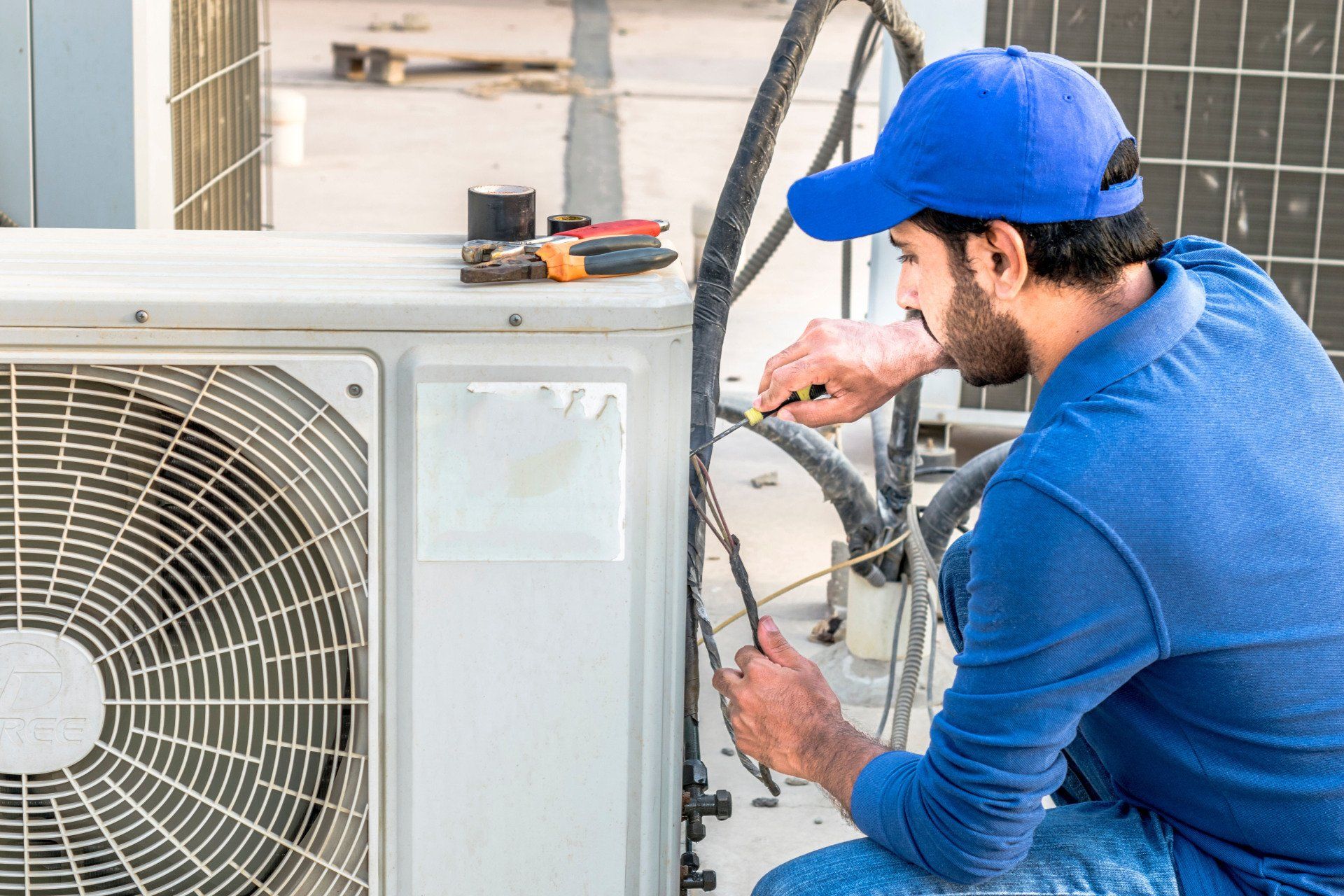






Share On: